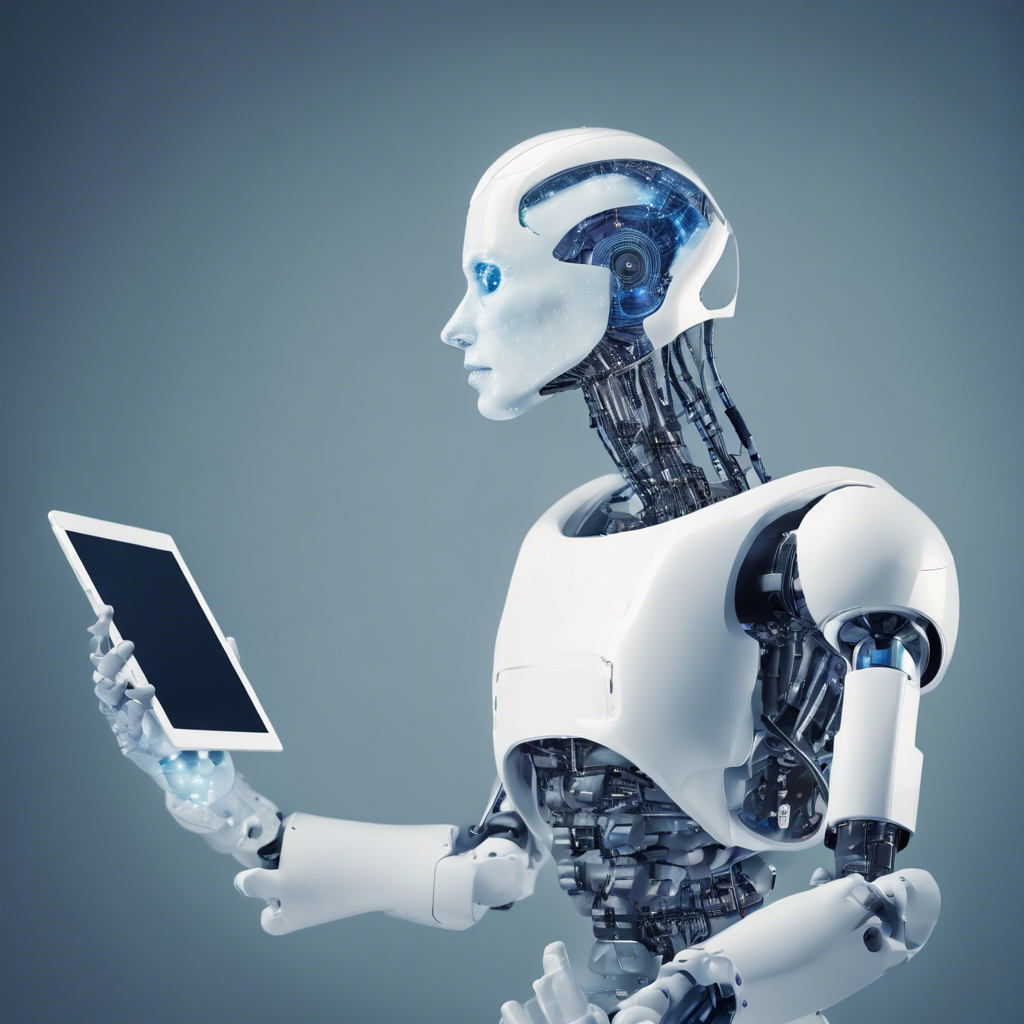The Rise of Artificial Intelligence in the Healthcare Industry

How AI is Transforming Healthcare Delivery and Patient Outcomes
Artificial Intelligence (AI) has made significant strides in recent years, revolutionizing various industries. One sector that has seen a remarkable transformation is healthcare. AI is now being leveraged to enhance healthcare delivery, improve patient outcomes, and streamline administrative processes. From diagnosing diseases to predicting treatment responses, AI is proving to be a game-changer in the field of medicine. In this article, we will explore the rise of AI in the healthcare industry and its potential to revolutionize the way we approach healthcare.
1: AI in Diagnosis and Treatment
AI-powered algorithms have the ability to analyze vast amounts of medical data and identify patterns that may not be apparent to human physicians. This has led to significant advancements in diagnostic accuracy, particularly in areas such as radiology and pathology. By analyzing medical images and identifying subtle abnormalities, AI algorithms can assist doctors in making more accurate diagnoses. Moreover, AI can also predict treatment responses based on patient characteristics and medical history, allowing for personalized treatment plans that optimize outcomes.
2: AI in Drug Discovery and Development
The process of discovering and developing new drugs is time-consuming and costly. However, AI has the potential to accelerate this process by analyzing vast amounts of data and identifying potential drug candidates. Machine learning algorithms can analyze molecular structures, predict their interactions with target proteins, and identify potential side effects. This has the potential to revolutionize drug discovery, allowing for the development of more effective and targeted therapies.
3: AI in Remote Patient Monitoring
One of the key challenges in healthcare is monitoring patients outside of the hospital setting. AI-powered remote patient monitoring systems can collect and analyze data from wearable devices, such as smartwatches and fitness trackers, to monitor vital signs and detect early signs of deterioration. This enables healthcare providers to intervene early and prevent complications, particularly in patients with chronic conditions. Additionally, AI algorithms can analyze patient-generated data, such as symptoms and lifestyle factors, to provide personalized recommendations for disease management.
4: AI in Administrative Processes
In addition to clinical applications, AI is also being used to streamline administrative processes in healthcare. Natural language processing algorithms can analyze medical records and extract relevant information, reducing the time and effort required for documentation. AI-powered chatbots and virtual assistants can also provide patients with instant access to information and support, improving the patient experience and reducing the burden on healthcare staff. Furthermore, AI algorithms can analyze healthcare claims data to detect fraud and abuse, saving healthcare organizations significant costs.
Conclusion:
The rise of artificial intelligence in the healthcare industry holds immense promise for improving patient outcomes and transforming healthcare delivery. From accurate diagnosis and personalized treatment plans to accelerated drug discovery and remote patient monitoring, AI has the potential to revolutionize every aspect of healthcare. However, it is important to ensure that AI is implemented ethically and with proper safeguards to protect patient privacy and ensure the responsible use of data. As AI continues to evolve, it is crucial for healthcare professionals to embrace this technology and harness its potential to drive positive change in the industry.

